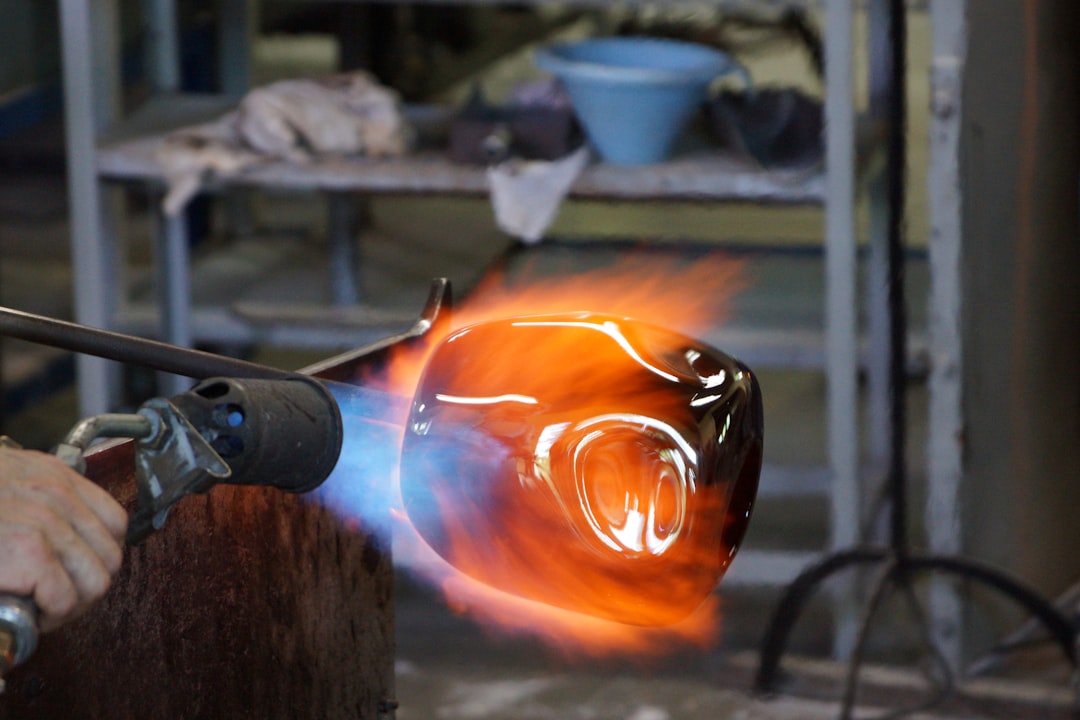What is it about?
syndiotactic polystyrene (sPS) has stimulated great interest on the basis of its importance in basic scientific research and potential industrial applications. However, some drawbacks of sPS restrict its practical use: its brittleness, a disadvantage in applications where mechanical properties are important; the absence of polar groups for adhesion to substrates and compatibility with polar polymers; and the need to process sPS at high temperatures due to its high melting points.
Featured Image
Why is it important?
Modification of sPS is necessary to expand its applications, and has been the subject of much investigation. This review provides a snapshot of recent progress in the chemical modification of syndiotactic polystyrene, including in situ functionalization of sPS (syndiospecific copolymerization of styrene with a second monomer and catalytic chain transfer to a chain transfer agent), post-functionalization of sPS (introduction of polar groups into sPS, graft or block copolymerization onto sPS, and
Read the Original
This page is a summary of: Recent progress in the chemical modification of syndiotactic polystyrene, Polymer Chemistry, January 2014, Royal Society of Chemistry,
DOI: 10.1039/c3py01551c.
You can read the full text:
Contributors
The following have contributed to this page










